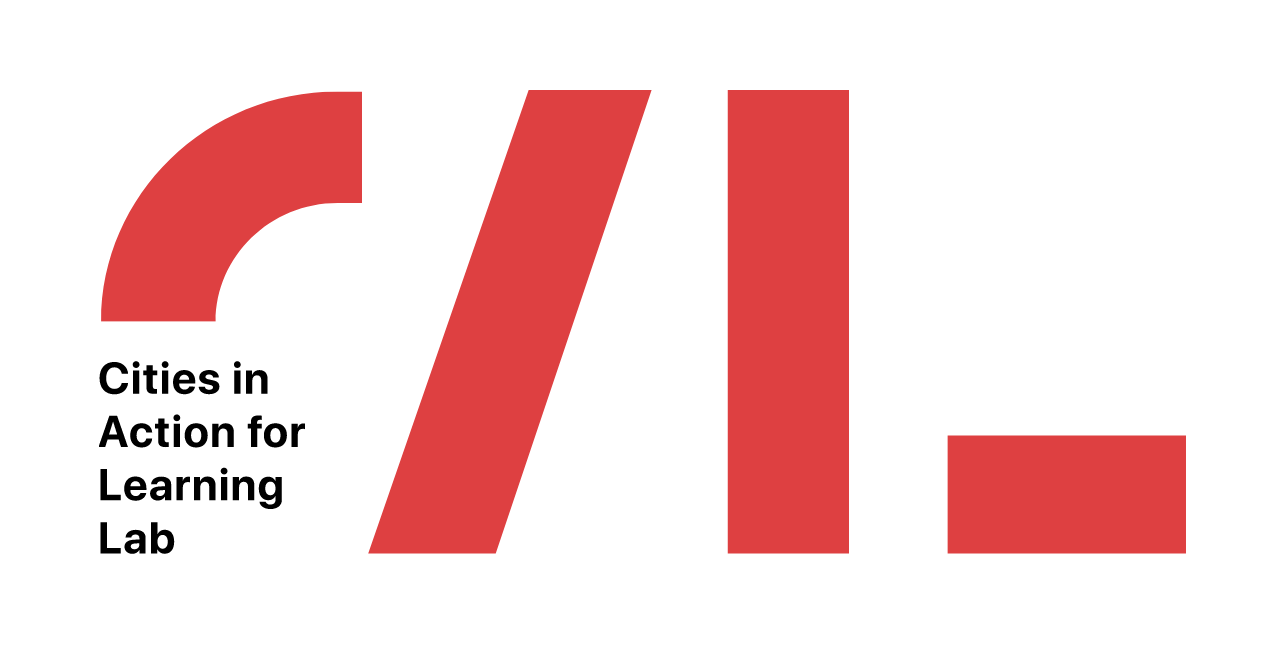What is CALL
Mission
“Cities in Action for Learning Lab” (CALL) is a research lab working at the intersection of:
- theoretical reflection across spatial planning, collaborative learning and innovation studies
- collaboration with institutions and communities
- innovative use and development of methods and tools
CALL is grown as a reflexive and experimentation space in the Department of Architecture and Urban Studies of Politecnico di Milano since 2014-15 and has developed research in and for the city, with a focus on collaborative innovation dynamics and local resource mobilization towards knowledge and learning as drivers for sustainable futures.
CALL builds on competencies developed by the research team throughout research projects, field activities/experiences, and innovative teaching initiatives in collaboration with a variety of national and international scholars and institutions.
Why Cities
CALL looks at cities as breeding grounds to stimulate the emergence and/or integration of innovative answers, explanations, solutions, attempts capable of igniting transformations at different community and institutional scales.
Cities represent for CALL resource pots rich in opportunities for experimenting and learning, contexts where communities emerge as both designing entities or incubators of new initiatives.
Cities are for CALL generative environments where the institutional capacity manifests as a key driver for the scaling and consolidation of transformative practices through transition oriented strategies and policies.
CALL developed the concept of Urbanscape as a way to understand and describe all of these dynamics of innovation and systemic change in a city. The Urbanscape provides a multidimensional description of the creative and generative climate of a city. It observes innovation processes at an operational level, describing the capacity of urban contexts to mobilize tangible and intangible resources and assets. It can be used both as an interpretative framework and as a policy design tool.
Why Learning
CALL looks at learning as a:
- process enabling and structuring transformation
- capacity-building driver for agents involved in transformative processes
Systemic changes represent CALL’s research perspective, making knowledge and learning infrastructuring ingredients of CALL’s research approach and theoretical background.
Knowledge and learning play a twofold role: they are relevant goals of any CALL’s action in specific contexts, and at the same time, they are CALL’s research and reflexive infrastructures.
Approach
CALL works in multiple contexts [urban/territorial, institutional, community-based], at the interface among organisational structures, ecosystems of actors and practices, and the spatial dimension.
CALL explores and activates transformative processes through:
- knowledge co-production, experience sharing, reflective practices, capacity building, awareness raising | learning
- hybridisation and cross-fertilisation of knowledge and practices | experimentation
- exploration of future horizons | transformative innovation
